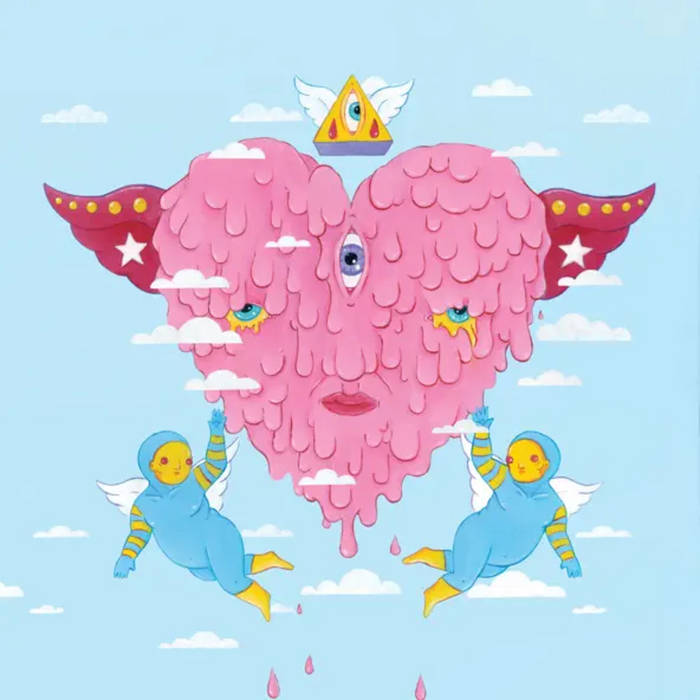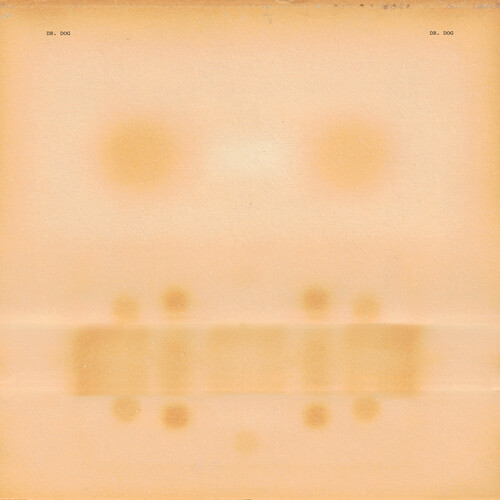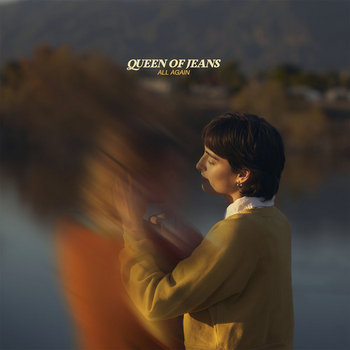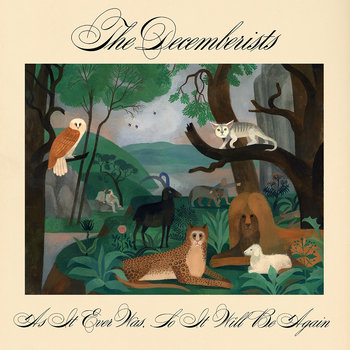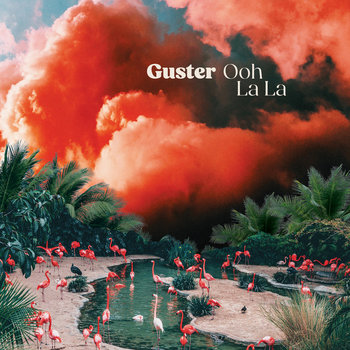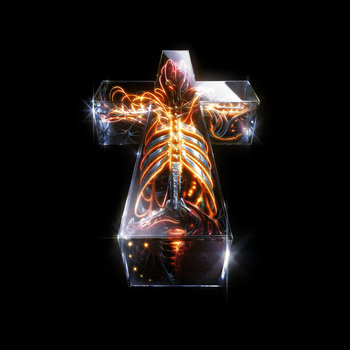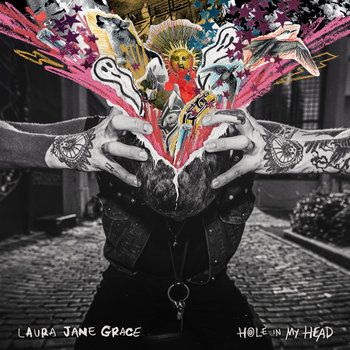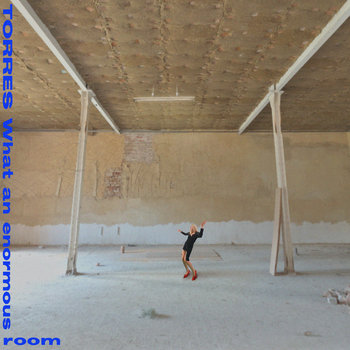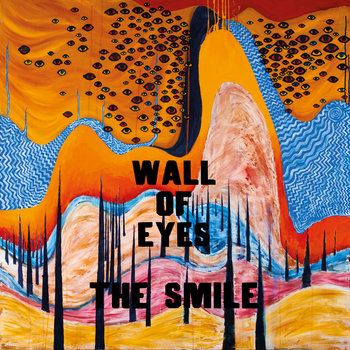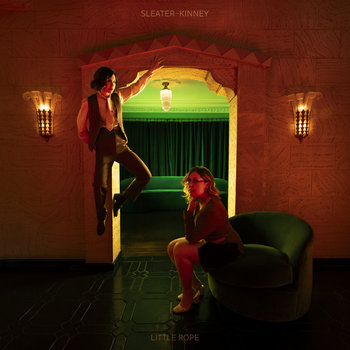
CD of The Week
Week of 2/19/24IDLES - TANGK (Partisan)
 Ever since breaking through with their first two albums, 2017’s Brutalism and 2018’s Joy as an Act of Resistance, Idles have been committed to broadening their sound beyond the ferocious punk attack that made them cult favorites in Britain and beyond. 2020’s Ultra Mono upped the radical politics and brought in hip-hop-influenced soundscapes courtesy of Kenny Beats while 2021’s Crawler genre-hopped with abandon including experiments with grindcore and industrial. While the album’s cover depicts an explosion, TANGK is the quietest, most reflective album in the band’s discography. While that results in some interesting detours, the album ultimately fails to play to the band’s strengths and often lacks the anthemic power of their best work.
Ever since breaking through with their first two albums, 2017’s Brutalism and 2018’s Joy as an Act of Resistance, Idles have been committed to broadening their sound beyond the ferocious punk attack that made them cult favorites in Britain and beyond. 2020’s Ultra Mono upped the radical politics and brought in hip-hop-influenced soundscapes courtesy of Kenny Beats while 2021’s Crawler genre-hopped with abandon including experiments with grindcore and industrial. While the album’s cover depicts an explosion, TANGK is the quietest, most reflective album in the band’s discography. While that results in some interesting detours, the album ultimately fails to play to the band’s strengths and often lacks the anthemic power of their best work.One of the most immediate distinctions of TANGK is the band’s choice of producer, Nigel Godrich, a frequent collaborator of Radiohead. The pairing is not natural, as songs like “Roy,” which feature menacing lyrics such as “If I rip at its neck / will you cheer?” are filled with programmed drums and tape loops that dull most of the impact. At his best, frontman/lyricist Joe Talbot is a fascinating hybrid of the anger of Henry Rollins and the confessional bent of Conor Oberst, but his vocals are often reduced to a soft timbre throughout the album. This choice is fascinating, but the results are often less than engaging.
Talbot’s lyrics are also surprisingly optimistic, even on the loudest songs such as “Hall and Oates” where he sings that the Philly soul duo’s music is “playing in [his] heart” when around his bros. It’s quite the change from past Idles material that explored alcoholism and family trauma. The result is a fun sing (or mosh)-along, but passionless compared to tracks from previous albums like “Danny Nedelko” or “Crawl!” More complex themes and intense riffs pop up in “Gift Horse” and “Gratitude,” which not coincidentally, are the two most memorable songs on the album.
Five albums into their career, Idles’ desire to shake things up and alienate a certain segment of their audience remains admirable. Yet, Tangk feels like the band has gone too far down the rabbit hole, with too many smooth elements getting in the way of visceral spirit.
Review by Sol



























